
By: Shaianna Trump
Exploring Iraqw Tribal Culture
The SFS Center for Wildlife Management Studies (CWMS) in Tanzania has a homestay component as part of each program. During this time, students spend an entire day with a host family and become ‘part of the family’ for that day. CWMS is in Rhotia village, in the Karatu district of Northern Tanzania. The native people of this area include the Iraqw tribe, whose ancestors originated in Ethiopia and migrated southwards, following the Great Rift Valley before coming to settle in this part of Northern Tanzania. Currently the Iraqw are agro-pastoralists as their main livelihood means.
Before each homestay day, students have opportunities to visit different areas for cultural experiences aimed at reducing culture shock and cultural conflicts on their homestay program. This time, the Summer 1 students visited Mzee (“respectable old person”) Daniel Tewa, who is among the surviving Iraqw elders and acts as a promoter, preserver, and custodian of Iraqw culture at his home. Mzee Tewa started our visit by giving a talk and narrating the origins of the Iraqw tribe as explained above. Then he explained the relationship between animals, plant, and people. He gave an example of how Iraqw people used leather to cover their bodies as clothes. To create the leather from the animal hide, they used roots from the Sodom apple (Solanum indicum) for the tanning process. The concoction from that plant’s roots is also used to treat chest pain, stomach pains and tooth aches. Its leaves were used as a toilet paper on the bus. The leather clothes are decorated with beads of white, yellow, red, black and green colors with different symbols such as a tree, symbolizing how family should expand and grow like a tree. Green meant “love and unity.”
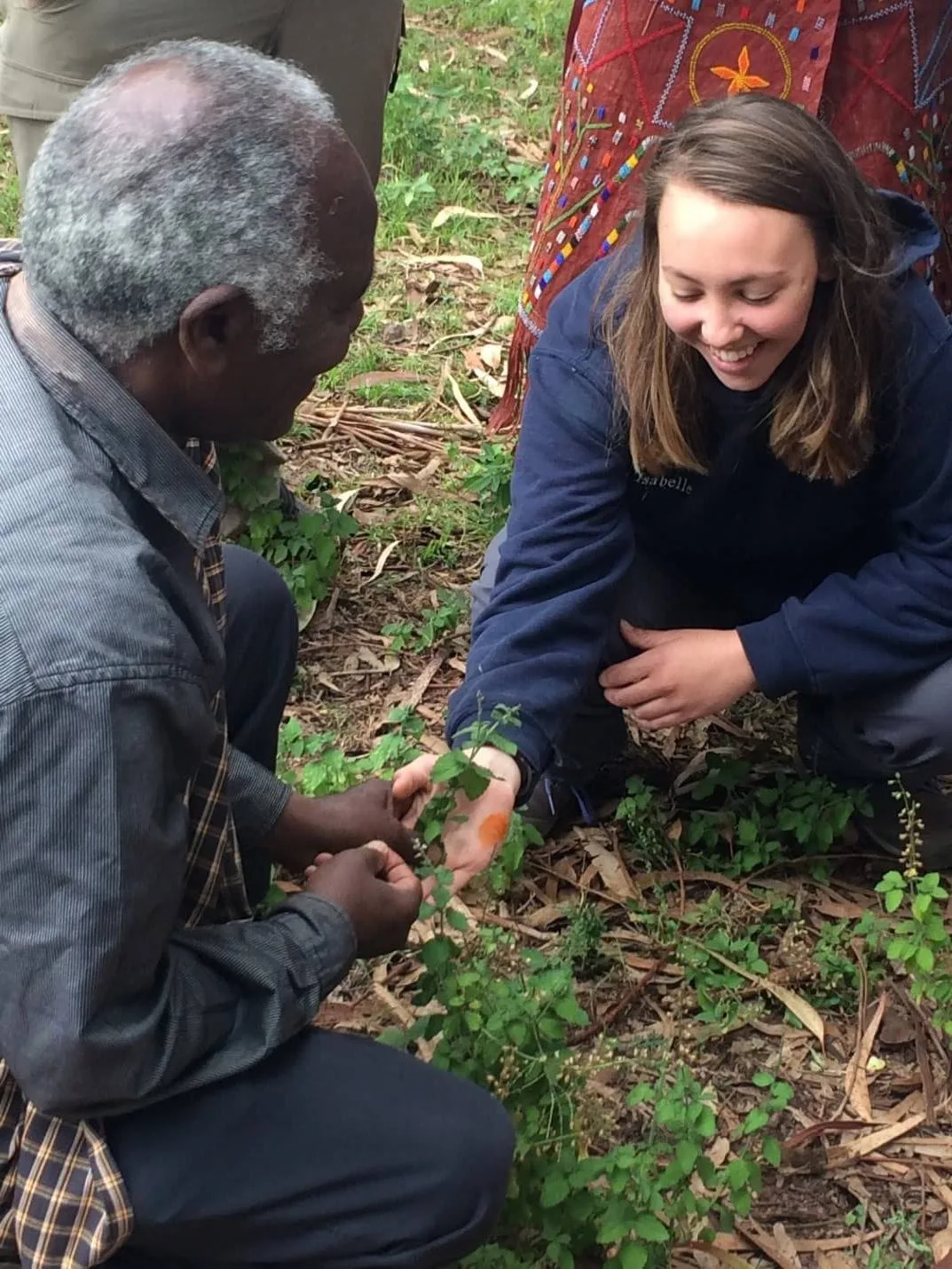
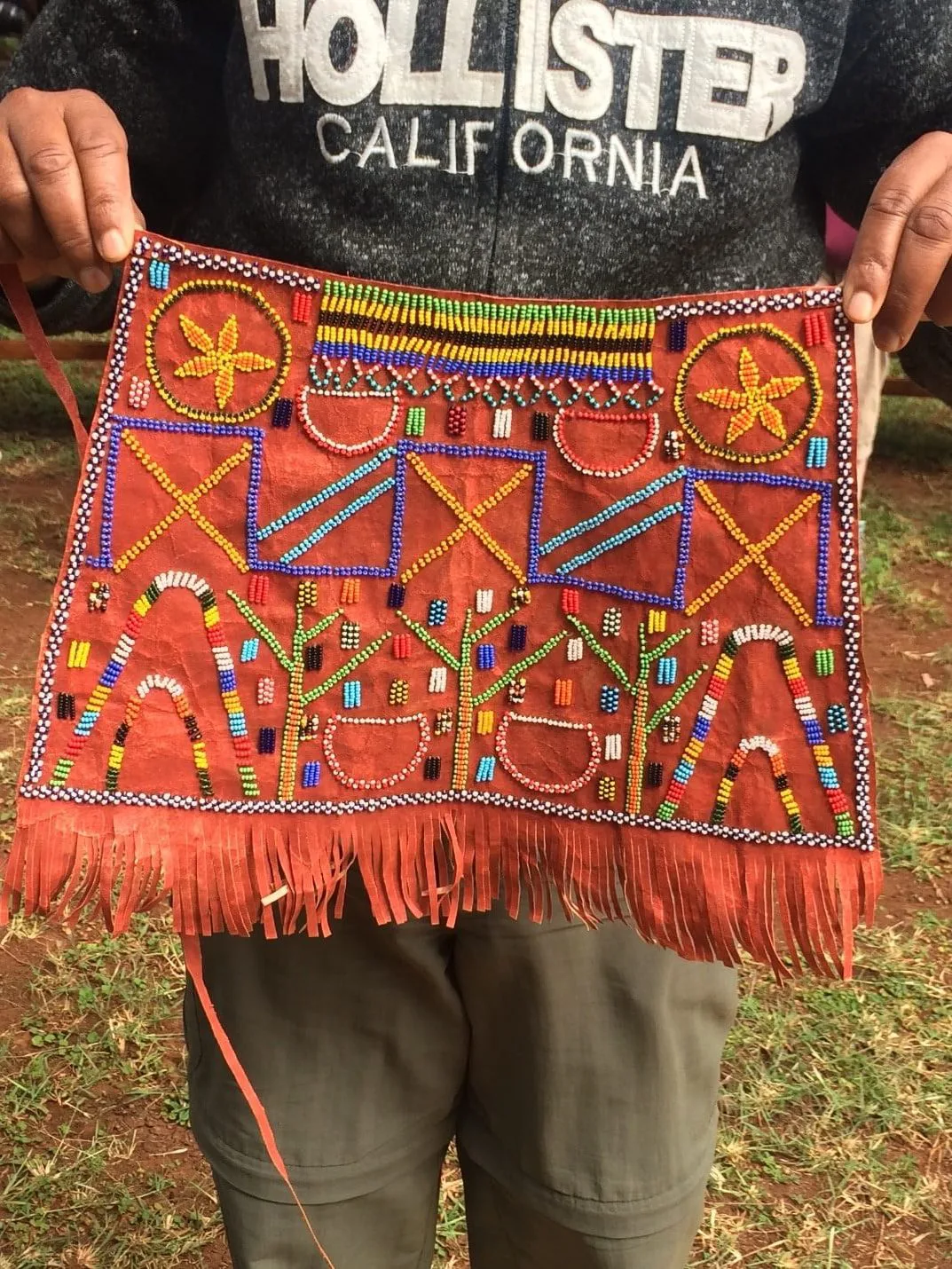
Regarding gender roles, females were traditionally responsible for house cleaning, gathering firewood, fetching water for domestic uses, cooking, and taking care of children; while males were responsible for farming, grazing livestock, building houses, and ensuring the safety and security of the household. To protect their cattle from raids by neighboring Maasai, their houses were built underground, like a kind of a bunker, with partitions to accommodate separate sleeping areas for humans and livestock, a kitchen, and a grain storage area.
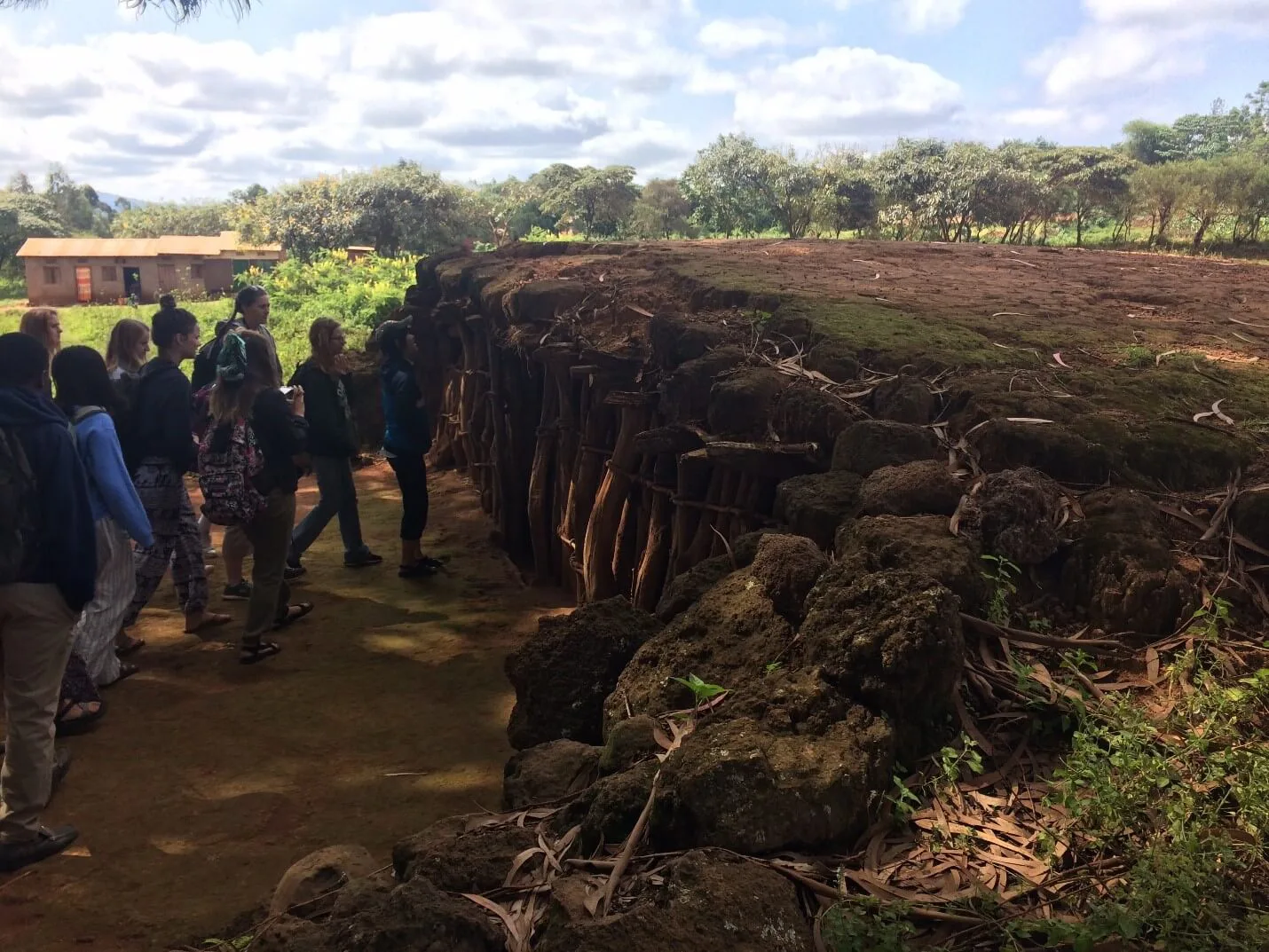
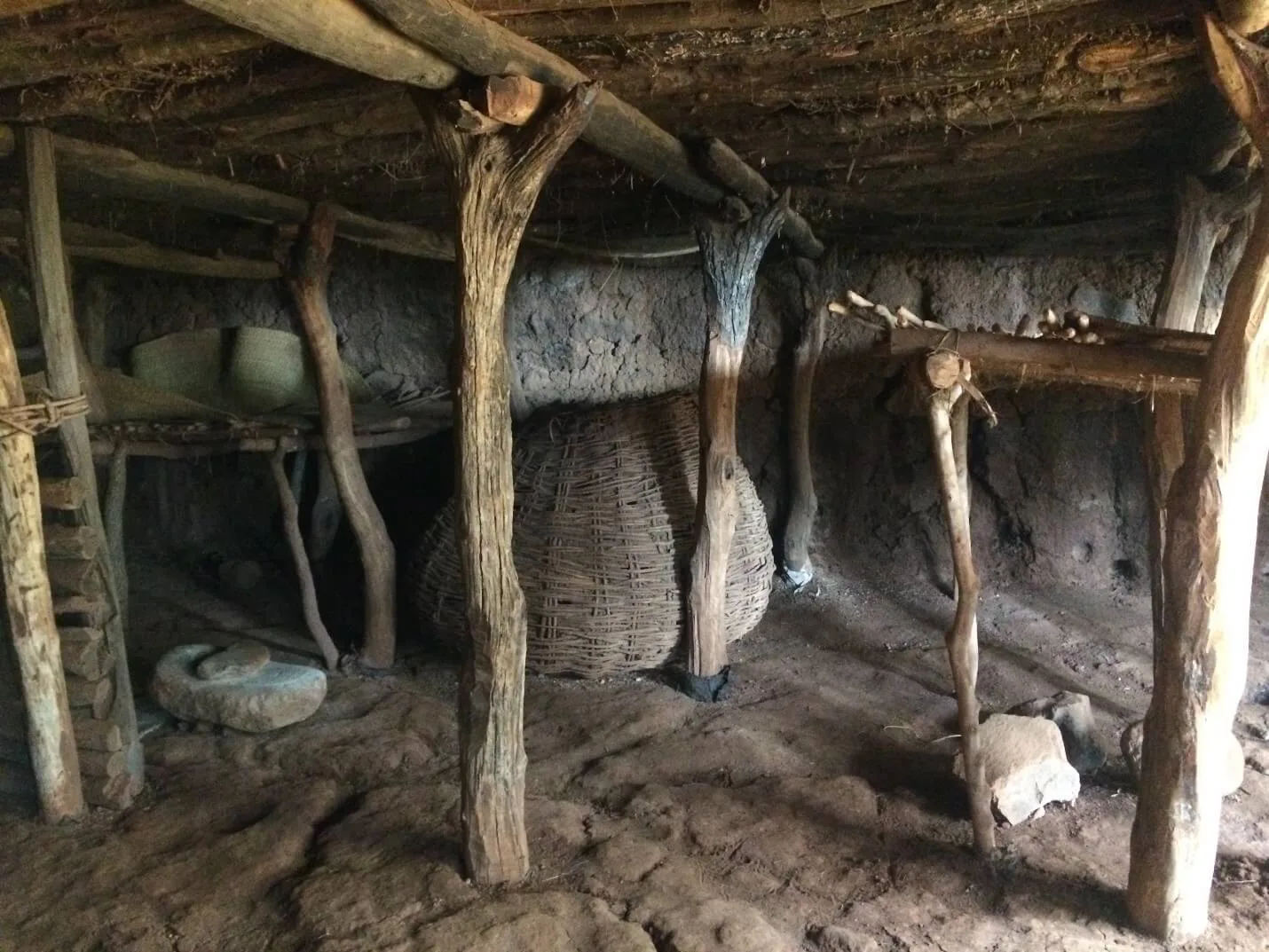
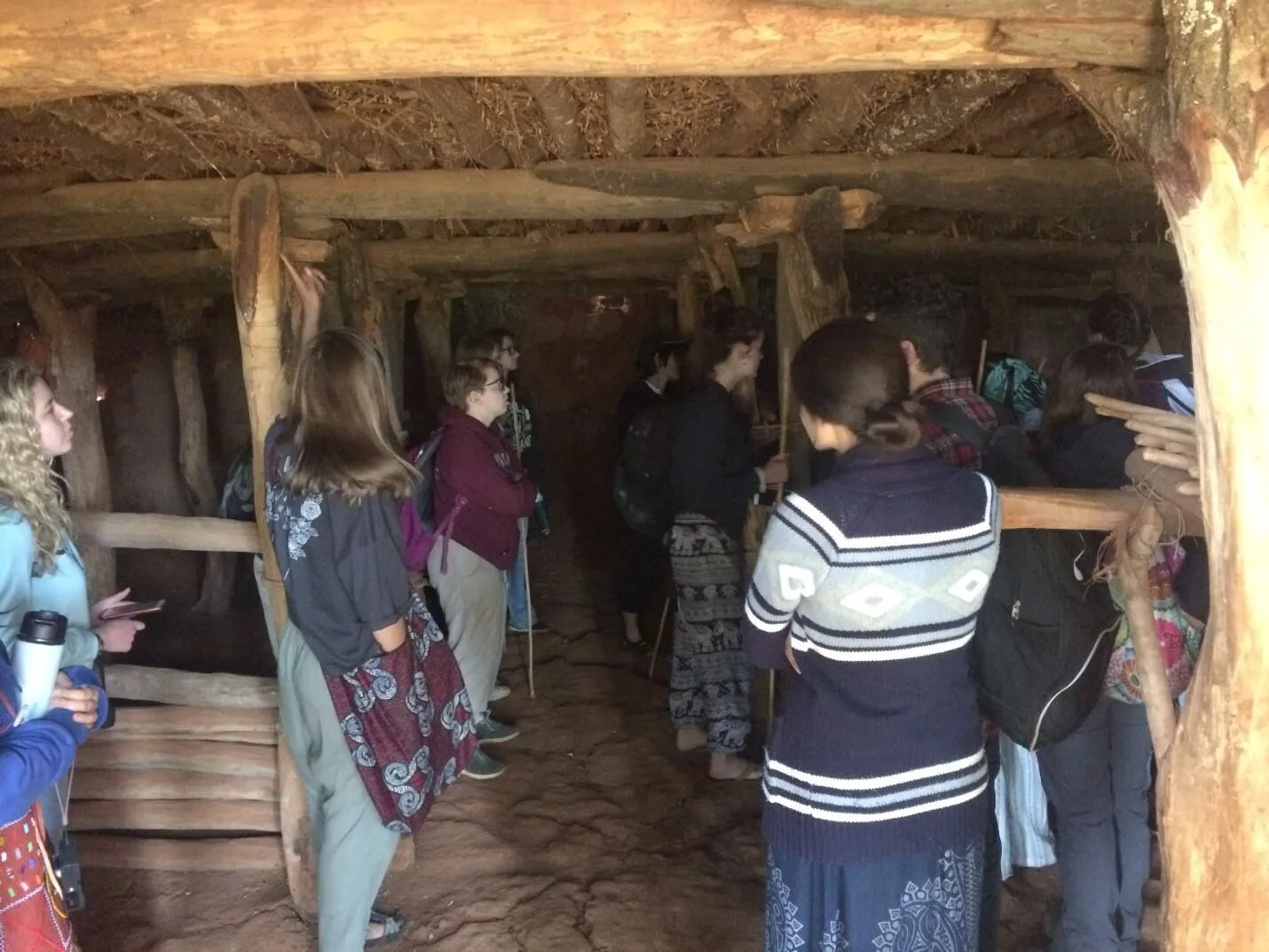
The visit to Mzee Tewa was very useful as it enriched the students’ experience with regards to Iraqw culture and helped them become more ready for the homestay component of the program.
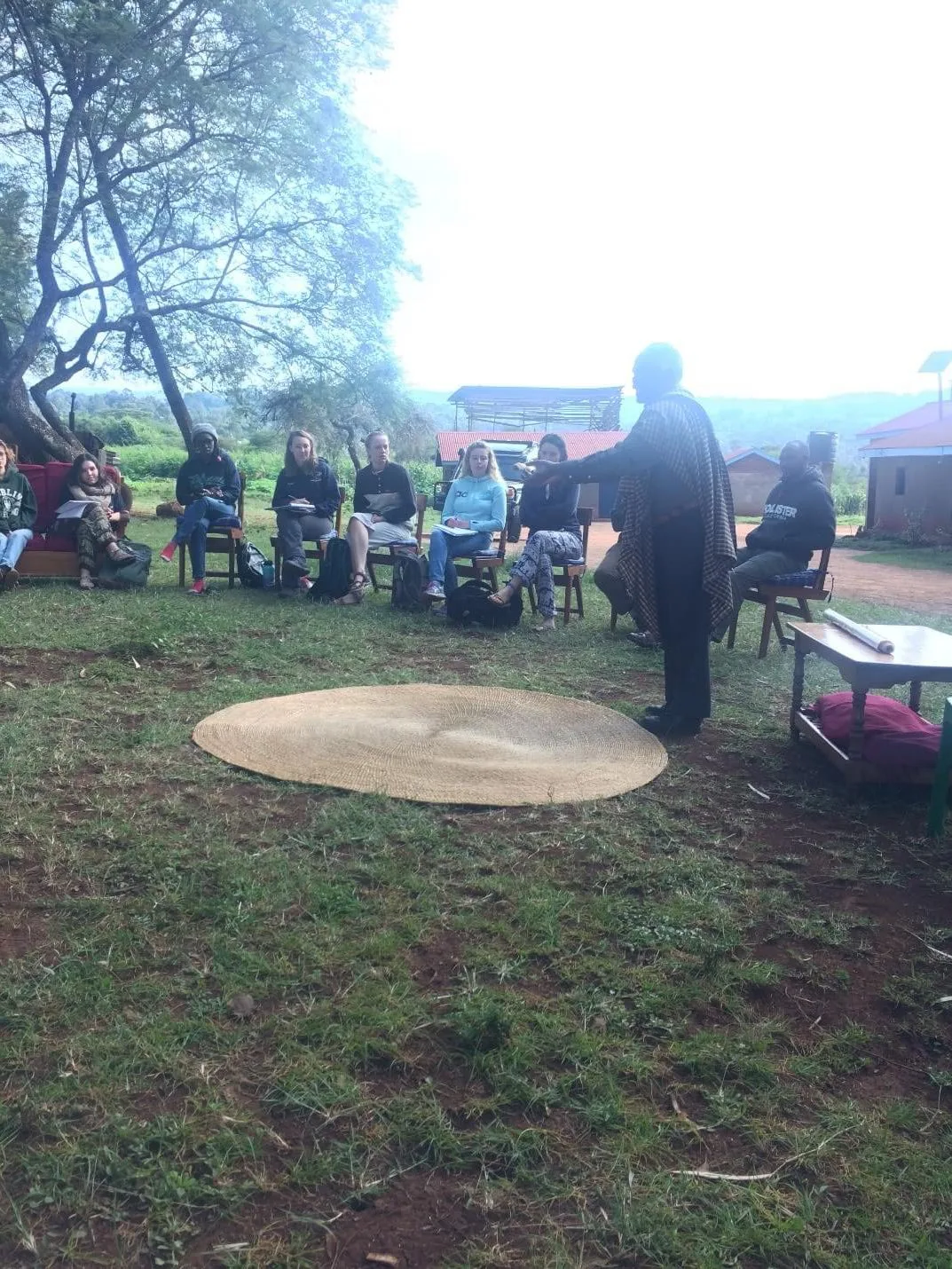
Related Posts

Camila Rojas: Alumni Spotlight⭐

